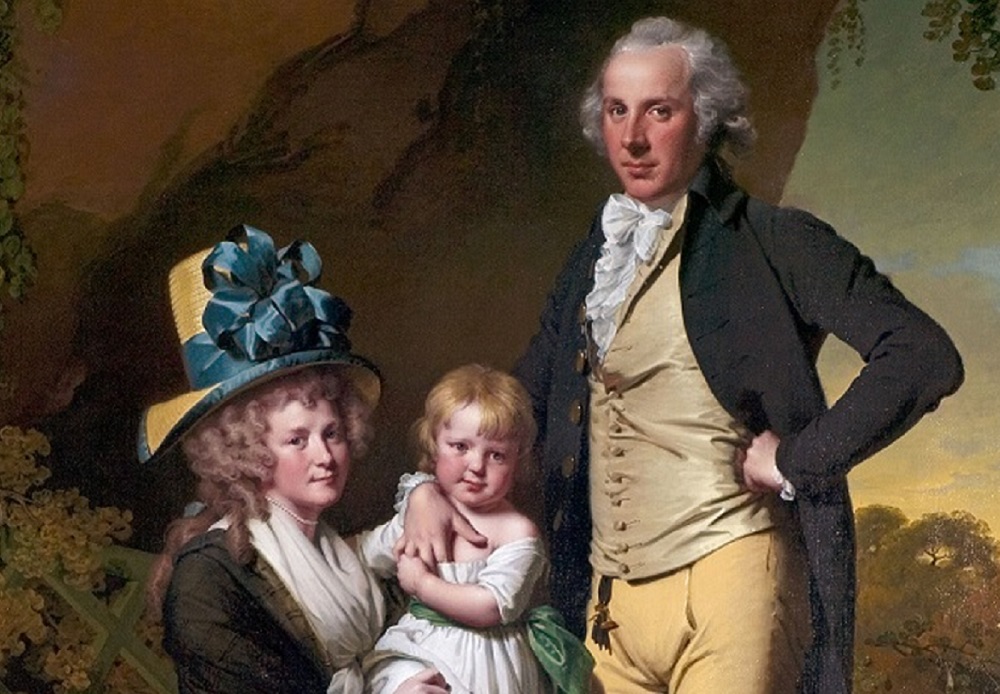Key Figures – Richard Arkwright Junior

Key Figures – Richard Arkwright Junior 1755-1843
Sir Richard’s only son, Richard, had shared in the development of his father’s cotton spinning empire learning his trade at Cromford and running mills at Rocester, Bakewell, Cressbrook and Manchester, either for his own benefit or as part of his father’s business. Like his father, from the late 1780s, he had no further appetite for the cotton trade and showing shrewd judgement he sold both his own and the businesses he inherited from his father as soon as it was practicable, retaining only the Masson and Cromford Mills. His interests lay in banking, investment in government funds and in the accumulation of land. His banking concern, the Arkwright Toplis Bank, in which he became a partner in 1804 and which in 1829, three years after the death of John Toplis, became Richard Arkwright and Company, had banks in Wirksworth and Ashbourne. It was a small concern but profitable, serving the local gentry, local industry and public bodies such as enclosure commissioners. Richard Arkwright’s purchase of government stocks which began in 1787 continued until towards the end of his life when he was the largest holder of Funds in England. His interests in land were fuelled partly by investment opportunity to increase his rent income but mainly by the desire to settle each of his six sons in a house and estate of befitting style. Richard also lent money to the nobility, his most celebrated client being Georgiana Duchess of Devonshire. Richard Arkwright lived quietly at Willersley completing the Castle and Church, beautifying the grounds, creating a garden and growing grapes in his hothouse. He was not a man who engaged himself in public life though he served as a J.P. and, like his father, was High Sheriff. His support for the Tory cause was never in doubt. He died in 1843 worth £3 ¼ million, a wealthier man by far than his father. Sir Richard Arkwright is remembered for his inventions – as father of the factory system – Richard Arkwright junior’s achievement was the foundation of a dynasty. Such was his wealth and his insistence that it be shared amongst his children, that generation after generation of the family was able to live the comfortable life of the country gentleman.

